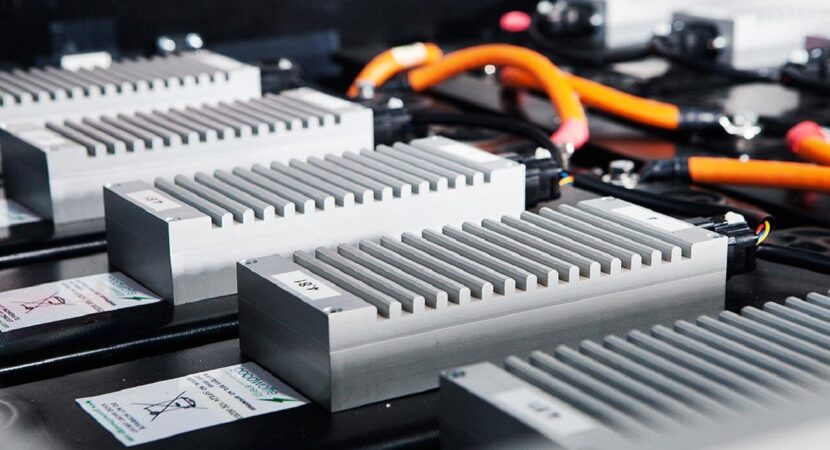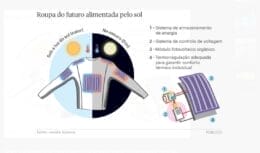
Solid state batteries are closer than we think and they promise greater safety, shorter recharge time and better autonomy for electric car drivers, with the possibility of retiring lithium ion batteries
There's nothing groundbreaking about solid-state batteries, and they're even simpler than current cells. However, all electric car manufacturers are working to include them in their portfolios around 2025. The reason for this race is the fact that solid-state batteries outperform lithium-ion batteries in everything, as they deliver better autonomy, more safety and a much shorter recharge time, just by changing the electrolyte, which conducts energy inside the energy cell.
Read other related news
Check out the advantages of solid state batteries for electric cars
In SSBs for electric cars, the electrolyte is solid and is typically ceramic or glass, replacing today's toxic, leaky, and flammable solutions.
In addition to delivering more safety, solid-state batteries have a higher density, both because they are more moldable and because the negative plate disappears as the electric car discharges. With no liquids or heavy metals, disposal after the end of battery life, which on SSBs are more extended, is also more sustainable.
A Castrol survey pointed out that the transition to electric cars will happen when, on average, these cars cost US$ 36 or less, offer an average range of 469 km and can be charged in just half an hour.
Differences between common and solid-state batteries
We already know that solid-state batteries are essential to every aspect of making electric cars a reality. Now, all vehicle manufacturers are racing to tame their manufacturing and make it an economically viable component as quickly and efficiently as possible.
In the new technology for electric models, lithium also continues to be a protagonist, flowing between the poles of the cell. The difference is that the lithium used is metallic, non-toxic and solid.
The material also acts as a negative plate, i.e. the anode and expands as the battery is charged. In this way, less space is occupied and it is possible to use compartments.
Toyota creates prototype electric car with solid-state battery
Last month, Toyota said it plans to introduce the first electric model with solid-state batteries later this year. The vehicle will have a range of 500 km and an ultra-fast recharge, which can be charged in minutes.
The arrival of this new vehicle could give Japan room to gain against China in the market, which is one of the biggest producers of lithium-ion batteries. In addition, the country could also become essential for the supply of the component.
The Government of Japan is also involved in the automaker's operation and has already invested around US$ 20 billion to encourage the transition to electric cars. A large part of this value was used to obtain new technologies for the component.











